Important Figures in Sociology
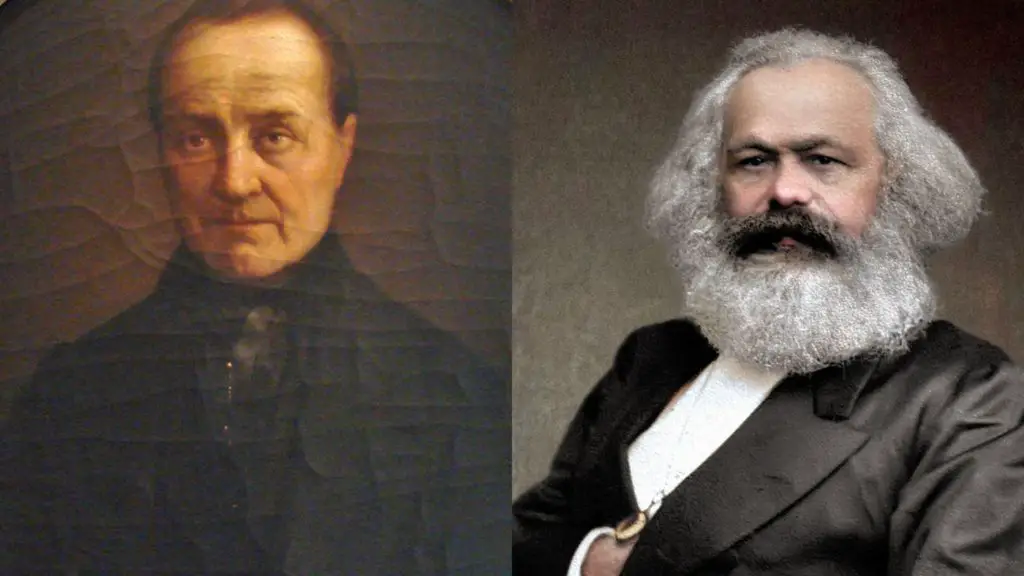
Provided in this section is a list of prominent individuals who helped lay out the foundations and building blocks of sociology as a discipline. Recall their most notable contributions and learn the sociological concepts attributed to them.
Click below to go to the main reviewer:
Table of Contents
- The Founding Fathers of Sociology and their Contributions
- References
- Download Article in PDF Format
- Test Yourself!
The Founding Fathers of Sociology and their Contributions
Berger, Peter Ludwig – (1929-2017) – co-authored a book called The Social Construction of Reality with Thomas Luckmann, they argued that individuals construct a shared social reality. He also emphasized that sociology must not end as a practice as it is an attempt to understand the social world.
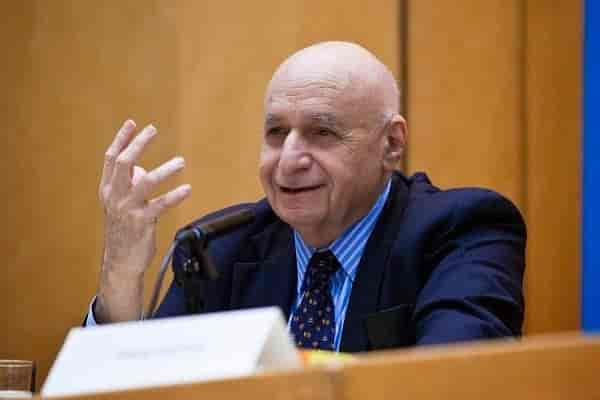
Black, Donald – (1941) – his focus is on the law as social control. Furthermore, he identified four key styles of social control (penal, compensatory, therapeutic, and conciliatory social control).
Blumer, Herbert – (1900-1987) – he is famous for his premises on symbolic interactionism, a sociological theory that believes human beings respond depending on the meanings they attach to things, and that these meanings are derived from human interactions but can also be modified through an interpretive process. According to Blumer, the core principles of this perspective are language, meanings, and thinking.
Cooley, Charles Horton – (1864-1929) – conceptualized the “looking-glass self”, where the self is formed and shaped based on other people’s perception of them.
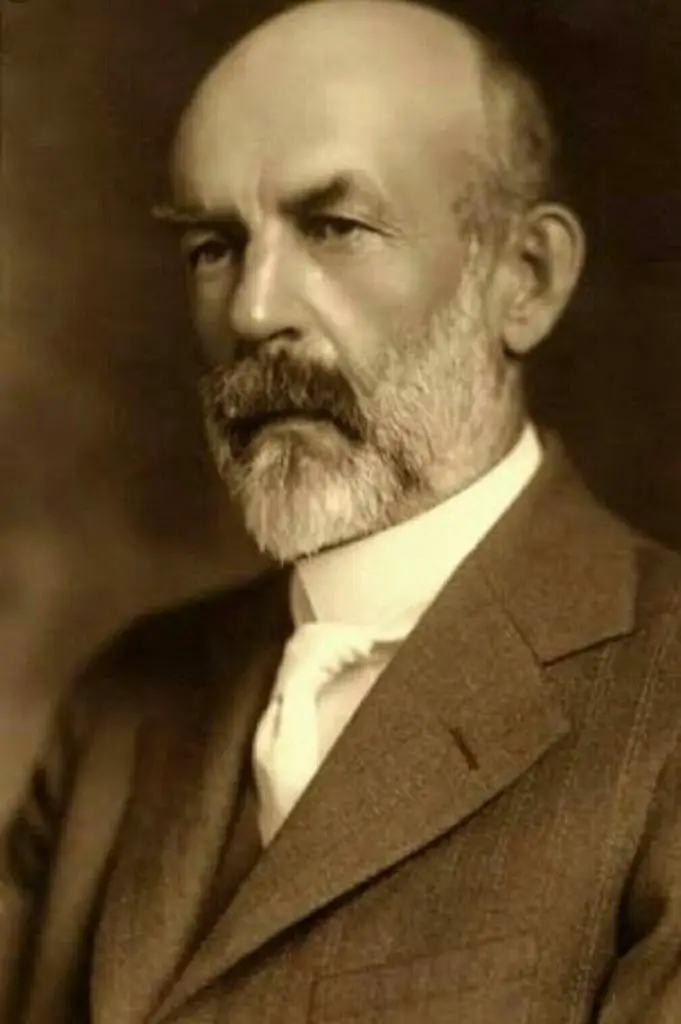
Comte, Auguste – (1798-1857) – recognized as the “father of sociology”; famous for his theory on the law of three stages of societies (theological, metaphysical, and positive stage); defined two branches of sociology, namely, social statics and social dynamics.
Darwin, Charles – (1809-1882) – his idea on natural selection or survival of the fittest was adapted by many sociologists, which later became the central idea behind the evolutionary theory that attempts to explain social change
Durkheim, Émile (1858-1917) – famous for his works on the phenomenon of suicide, citing social structures as causes rather than merely psychological; he was the first sociologist who employed social research to study society; sociological concepts that he was known for include anomie and social facts.
Feuerbach, Ludwig – (1804-1872) – a German philosopher and anthropologist whose worlds influenced Karl Marx’s view on religion as the opium of people; he believed that religion is just the projected norms and values of society onto separate entities.
Gramsci, Antonio – (1891-1937) – out of Karl Marx’s ideas, he developed the concept of cultural hegemony where a society’s dominant ideology reflects that of the interests of the ruling class.
Killian, Lewis – (1919-2010) – alongside Ralph Turner, Lewis, in relation to collective behaviors, studied crowds more closely and identified its four types: casual, conventional, expressive, and acting crowds.
Lenski, Gerhard Jr., (1924-2015) – known for his opposing views on the evolutionary theory, which was later recognized as multilinear evolutionary theory. He proposed that societies undergo through different lines and that change does not necessarily steer in the same direction
Lofland, John – (1936) – suggested two more collective groups other than crowds, which are public and mass.
Luckmann, Thomas – (1927-2016) – explained how social structures came from habits of the members of society, which later were ingrained in the social structure through the processes of habitualization and institutionalization.
Martineau, Harriet – (1802-1876) – known as the first woman sociologist who translated Comte’s writing into English.
Marx, Karl – (1818-1883) – his core ideas revolve around the existing class struggles and conflict caused by the capitalist social system that serves as the foundation of critical sociology and conflict theory; he was also the proponent of economic determinism, a theory that highlights economic forces as the main factor that shapes society.
Mead, George Herbert – (1863-1931) – attempted to show how the “self” is developed in the process of social interaction through his concept of looking-glass self; the “self” is formed and shaped based on other people’s perception about them.
Merton, Robert – (1910-2003) – proposed the anomie theory to explain that deviant behaviors are caused by individuals who want to achieve a socially approved goal; in addition to this, he coined the term “self-fulfilling prophecy”, which indicates that false beliefs and expectations about a person would lead them to act in a way that would make the false conception true.
Mills, Charles Wright – (1916-1962) – an American contemporary sociologist who was famous for his concept of sociological imagination; he also helped locate the differences between personal troubles and public issues from a sociological standpoint.
Park, Robert – (1864-1944) – first to use the term collective behavior and relate it to social change; he was one of those who led in the development of the Chicago School of Sociology that is best known for its urban sociology.
Parsons, Talcott – (1902-1979) – his ideas helped contribute to the elaboration of the structural-functionalist perspective; when it comes to the study of social change, his equilibrium theory states that social changes are a threat to the social order.
Radcliffe-Brown, Alfred Reginald – (1881-1955) – a British sociologist who helped establish social anthropology; his ideas about social structures and how their functions are interdependent with one another to ensure the continued existence of society contributed to functionalism perspective.
Sieyès, Emmanuel-Joseph – a French essayist who was the first to coin the term “sociology”.
Simmel, George – (1858-1918) – a German sociologist who studied the relationship between group size and interaction—the larger the group size, the lesser the interaction and the weaker the emotional bonds among group members.
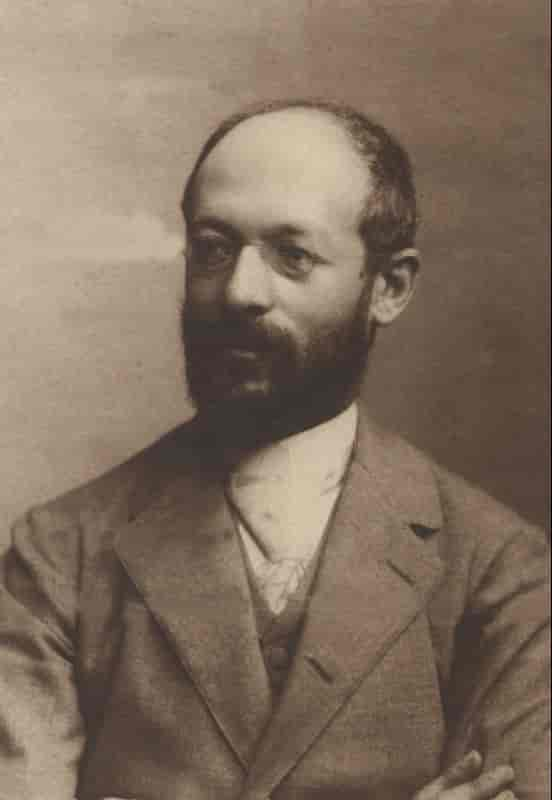
Spencer, Herbert – (1820-1903) – asserted that societies go through stages almost similar to that of biological evolution and that all parts of society are interrelated and interdependent just like the human body.
Sumner, William Graham – (1840-1910) – coined two distinct types of informal norms, which are folkways and mores; he also further categorized social groups into in-group and out-group.
Sutherland, Edwin – (1883-1950) – in his differential-association theory, argued that deviant behaviors are learned by an individual from their interactions.
Tilly, Charles – (1929-2008) – gave a four-stage process outline on the lifecycle of social movements together with Herbert Blumer.
Turner, Ralph – (1919-2014) – worked with Lewis Killian in studying crowds more closely and identifying its four types in relation to collective behaviors: casual, conventional, expressive, and acting crowds.
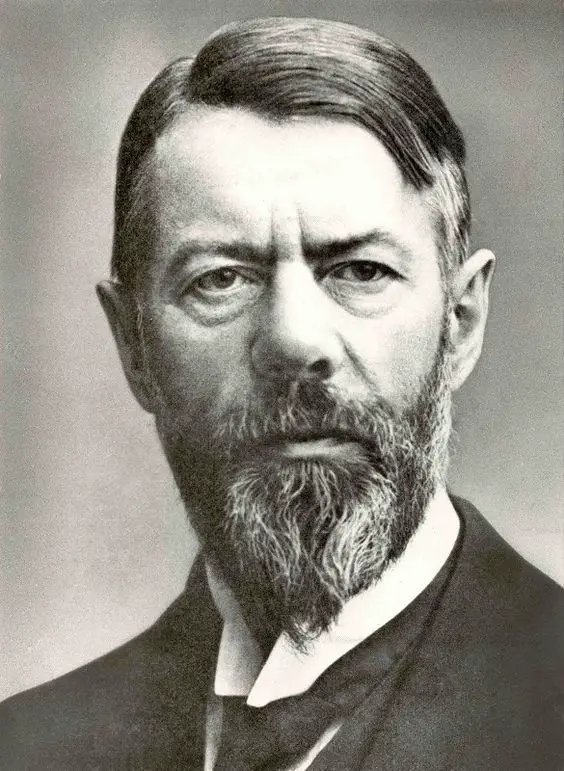
Weber, Max – (1864-1920) – introduced the concept of verstehen when studying society where one must take into consideration the intention and context of human’s actions; this has been the central idea under interpretive sociology and symbolic interactionism perspective.
References
Little, W. (2014). Introduction to Sociology – 1st Canadian Edition. Victoria, B.C.: BCcampus. Retrieved from https://opentextbc.ca/i
Mills, C., (1959). The Sociological Imagination: Chapter 1. New York: Oxford University Press. Retrieved from https://sites.middlebury.edu/utopias/files/2013/02/The-Promise.pdf
Schmitz, A. (2012). Sociology Comprehensive Edition. Retrieved from https://2012books.lardbucket.org/books/sociology-comprehensive-edition/s09-groups-and-organizations.html
Crossman, A. (2019). Famous Sociologists. Retrieved from https://www.thoughtco.com/famous-sociologists-3026648
Next topic: Sociological Terms
Previous topic: Social Change and Future Trends
Return to the main article: The Ultimate Social Science Reviewer
Download Article in PDF Format
Test Yourself!
1. Practice Questions [PDF Download]
2. Answer Key [PDF Download]
Written by Arleia Agustin
Arleia Agustin
A graduate of Bachelor of Arts in Sociology, Arleia Agustin took interest in research and writing during her collegiate years. The time she spent at the University of the Philippines Los Baños taught her the essence of social sciences, to understand the society in each of its facets, and to believe that it could be changed for the better. She loves to read, dream, observe and discover beautiful stories of the people she encounters.
Copyright Notice
All materials contained on this site are protected by the Republic of the Philippines copyright law and may not be reproduced, distributed, transmitted, displayed, published, or broadcast without the prior written permission of filipiknow.net or in the case of third party materials, the owner of that content. You may not alter or remove any trademark, copyright, or other notice from copies of the content. Be warned that we have already reported and helped terminate several websites and YouTube channels for blatantly stealing our content. If you wish to use filipiknow.net content for commercial purposes, such as for content syndication, etc., please contact us at legal(at)filipiknow(dot)net